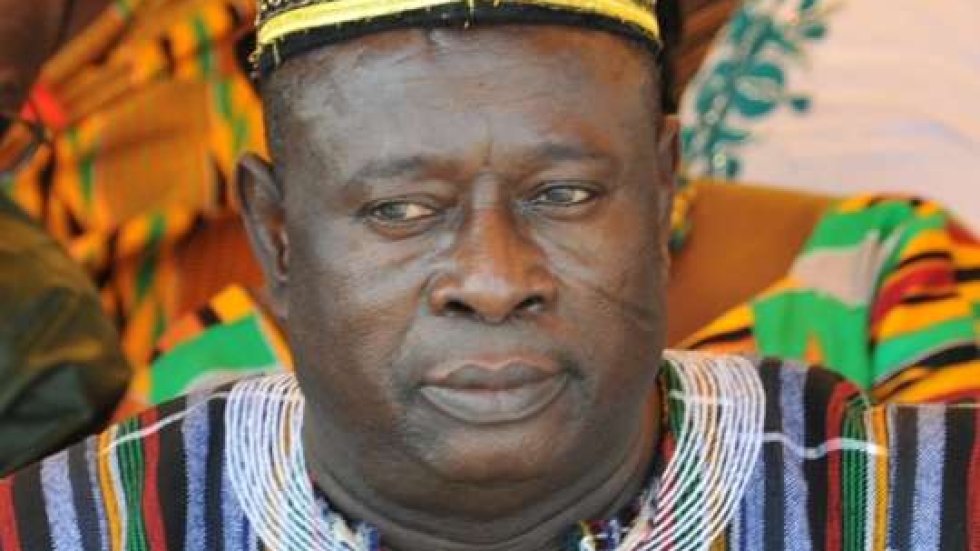
You don’t need a degree to become MP — Cletus Avoka
An experienced legislator and former Majority Leader, Mr Cletus Avoka, has said one does not necessarily need a tertiary education certificate before he/she can become a Member of Parliament (MP).
Advertisement
According to him, a parliamentarian needs to be well-informed, have respect for and be cooperative with people from the various government departments he or she works with, adding that failure to do these will undermine his or her efficiency.
He, however, appreciated that due to technological advancements, an MP needs to be more proficient before he or she can imbibe the modern knowledge in the world now.
In his view, proficiency in the English language is essential, adding that passing the language at the senior high school (SHS) level is enough.
Read also: 50 LPG outlets shut down for operating below standard
IEA research
The former MP for Zebila said this in an interview with GBC’s Behind The News last Tuesday while responding to a recent research conducted by the Institute of Economic Affairs (IEA).
The report has it that most constituents claim their MPs should have a higher level of education to be able to work efficiently in the legislature. However, Mr Avoka thinks otherwise.
“There is some justification in that demand, but I won’t say you need a tertiary educational certificate,” he opined.
Though Mr Avoka claims a degree is not necessary, he thinks having a better curriculum vitae (CV) increases one's credibility, especially on an international mission in the name of his country as investors look at the people they deal with when making negotiations.
“If they look at your CV and discover you have a low level of education, the value of respect they give to you will be very little as compared to someone with a higher level of education,” he stated.
The former MP also noted that: “Ghanaian parliamentarians have always been nicely received by the outside world because of the level of education and the respect they have for them when it comes to educational matters and proficiency.”



